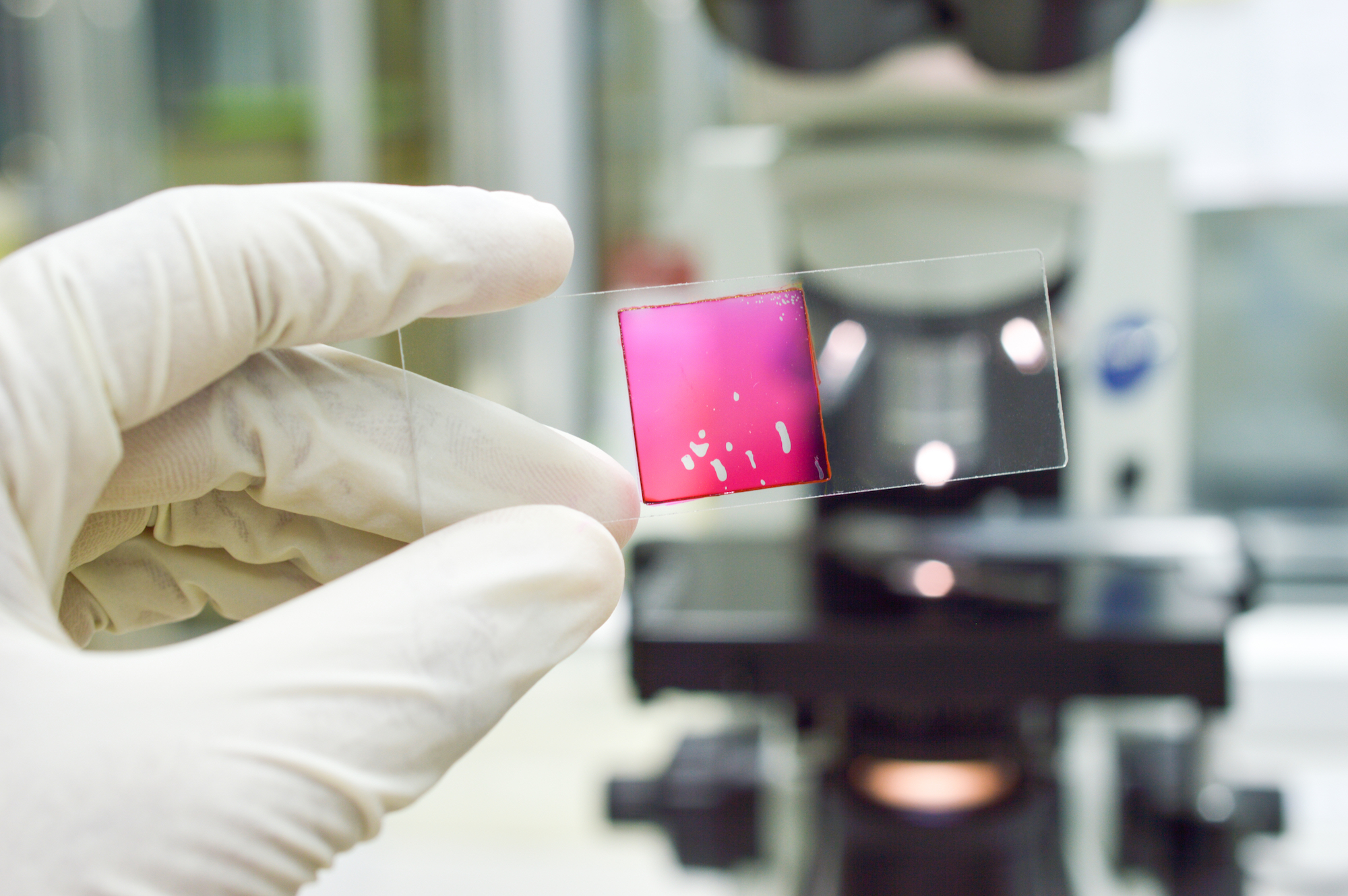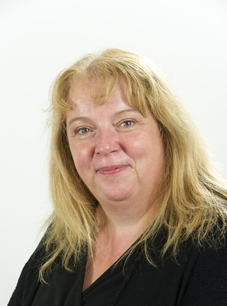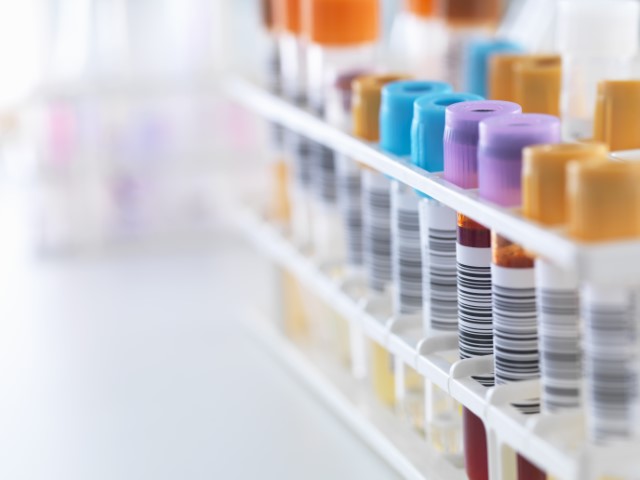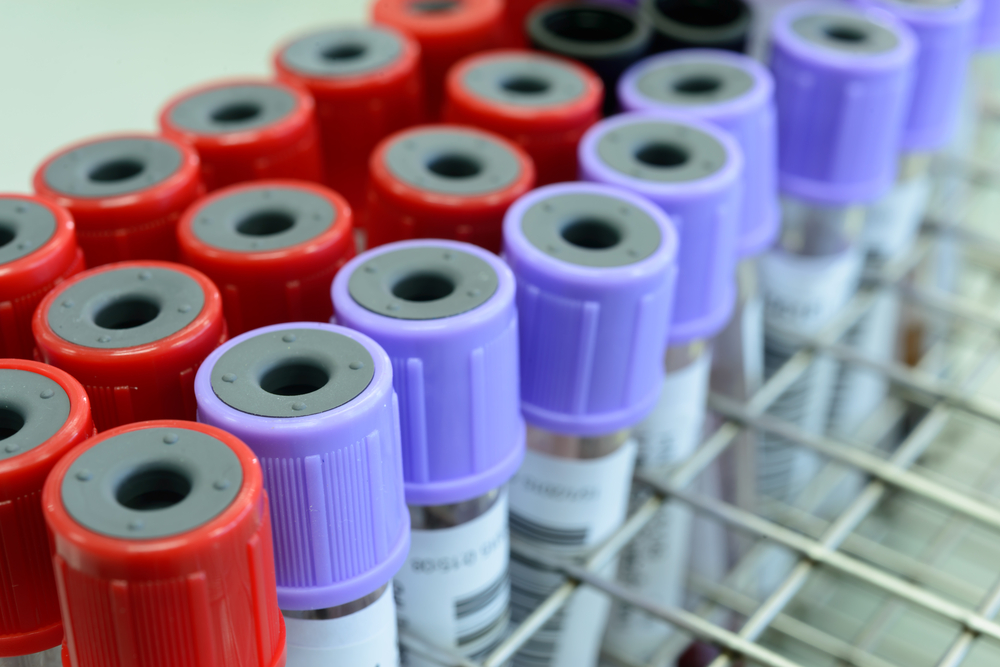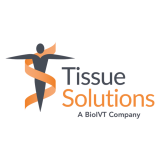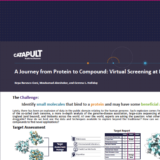Virtual biobanks do not store samples but provide a single point of access to a range of biospecimens using networks of ethical sources. They source tissues to client specifications – thereby streamlining the procurement of tissue to the benefit of all parties.
Real and virtual biobanks have a two-way relationship that works to the advantage of both. By offering the capability to source specific, rare samples, virtual biobanks fill a niche in the market that is not covered by large, commercial biobanks. They provide a valued service to the research community by taking advantage of their vast experience and knowledge to track down where specific types of sample can be found. They can also advise on the likelihood of finding certain tissue types.
Virtual biobanks are, however, still reliant on physical biobanks to provide the raw materials. Virtual biobanks guarantee ethical sample collection and ensure that the required reviews, approvals or licences, and consenting procedures are in line with both local and international regulations so that the samples can be used in commercial research.
Working in this way is advantageous to both the patient and the scientist. High quality samples are made available to the scientific community, and donors are assured that their samples will be used in the laboratory for a relevant research project and not stored long-term in a freezer. The rapid turnaround of samples means they are of the very highest quality; furthermore, the control over sample collection, handling, and storage reduces variations and inconsistencies across samples.
Biobanking has a critical role to play in new drug research, and future success will depend on innovative solutions to sample provision to help facilitate effective and productive drug discovery.
About the author
Fiona Mackenzie is Client Services Director at Tissue Solutions, a virtual biobank that offers a single-point access to the entire range of human biomaterials including diseased and normal tissues.
Prior to Tissue Solutions, she worked in the fields of biotechnology transfer, preclinical research and drug discovery. Fiona obtained a PhD in Pharmaceutical Sciences and an MBA from the University of Western Scotland (UK).
This article is from a series contributed by the UK drug discovery community. For more information read our disclaimer.

